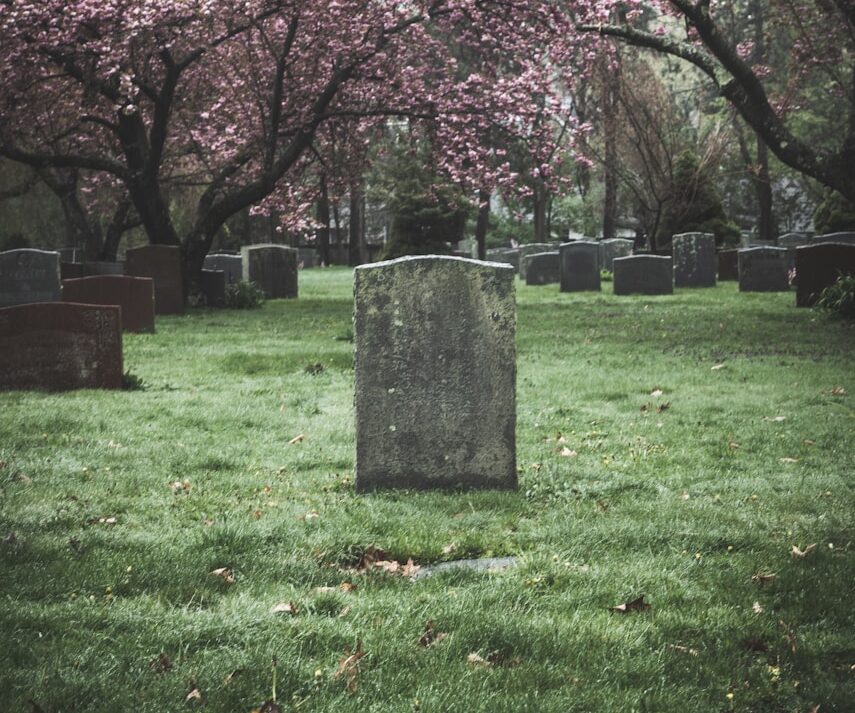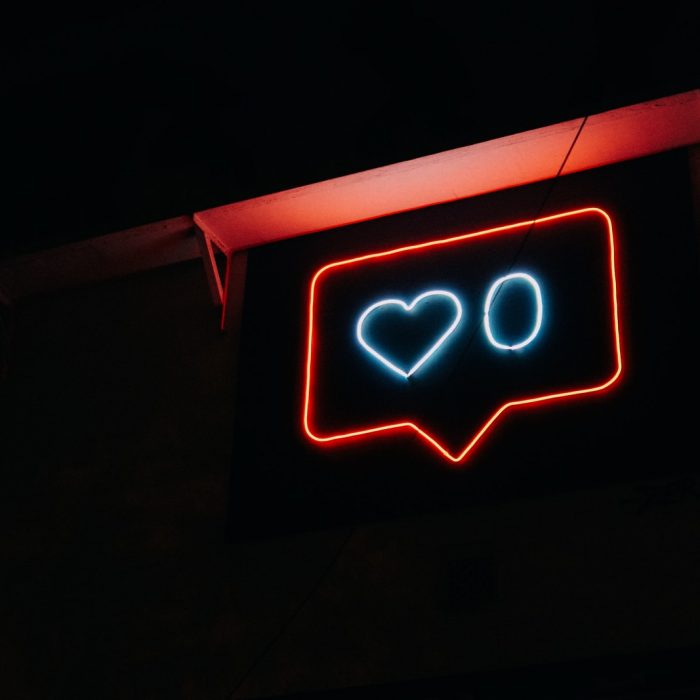
Blog Posts
Thoughts on life, writing, art, and health.

How did I last this long?
Content notice: Mention of suicidality and depression for the whole thing. I am sincerely okay, so please don’t worry. ♥
Because I spent my developmental years wanting to die, surviving feels like a trick. Even in recovery, depression has taken a toll on my future. Even when I’m not actively hating my life or wishing (or trying) to end it, repercussions remain. Even though I want to live deliberately and fully, I’m haunted by a ghost I can’t exorcise.
I’ll be 30 this fall. I felt odd on my 25th birthday. I felt odd on my 21st birthday. Even when I turned 19 and started buying alcohol, I felt odd. A small shadow in my soul thought, “I shouldn’t be here.”
Not in the sense of “I shouldn’t be here, and I need to leave right now.” It is a confused bewilderment, like I’ve gotten lost in Narnia and grown up, knowing I’ll return through the wardrobe one day and be a teenager again. It’s the ghost of depression that hangs over everything I do. Sometimes, it possesses me and I’m at its mercy again. I become the haunting. But most of the time, it just… kind of hangs out in the corner, judgementally.
As more of my peers reach this stage of adulthood, I see posts asking if everyone else feels lost in the sense that nobody knows what they’re doing, or adults are just winging it most days, or nobody is really the “adult” in a room because of lacking confidence, self-esteem, or self-assurance. This sentiment is similar because it captures some of the bewilderment of being an adult and culturally lacking many of the older generations’ milestones for adult development (marriage, children, houses, vacations, retirement funds—you get the idea).
But this zeitgeist of imposter syndrome thinking that reaching adult years would bring the adult wisdom we once believed in? It’s not always the ghost of depression and suicidality.
I don’t think many people understand this sentiment. The ones who do understand only know it from first-hand experience of beating the suicidality that plagued them as a minor. I am coming up against a deep belief that I shouldn’t be here because I wasn’t supposed to live this long. Because so many of my years were spent dreaming about how to escape living. Because when I was a teenager, I didn’t want to survive anymore.
Then I reached my twenties. And my twenties kept coming. Still, I soldiered on. Alongside the tiny shadow in my soul was a spark. This small light whispered, “Please don’t give up on me. Please don’t end things like this.” So I heeded its pleas and I sought counselling and medical help, including medication.
Slowly, the small light grew and became a fire for life that I am truly grateful to have.
This flame is what shows me the beauty in a birdsong, or the wonder of a moon phase, or the joy of a fresh breeze. It keeps me warm enough to enjoy a sushi roll or a slice of pizza or a perfectly dressed salad with a li’l bit of everything in the bite.
This light guides my way. Sometimes it falters, but I never snuff it out. It’s a flickering thing, with moving smoke and demands for energy, and so I tend to it like a fireplace—another glimmer in my life is the wood-burning stove in my home; I love to hear the crackle of the wood, watch the flames, see my cat enjoy the warmth, smell the smokiness, and blow heat into solid embers to reignite the kindling.
Taking care of my inner fire, the shifting magma and lava that keeps me alive, is basically what self-care is. Anything I do for my survival or to maintain my existence is done to keep the light on.
Other aspects of caring for myself and my mental health focus on inner child and inner teenager healing. These are buzzwords lately, but I think they’re important and relevant, especially for my own well-being.
It sounds a little hokey, but in one of my therapy sessions, we did a guided roleplay through a traumatic memory. I’ve done a few more, once on my own in a meditative headspace where I explore the past with the knowledge of the present. I think about who I was in those past memories (like 6-year-old Coryl, 12-year-old Coryl, and 16-year-old Coryl) and how they react to me now. Often, who I am now isn’t the hero of the roleplay. It’s an ideal persona, someone who I could be, but I am not yet. (I call them Hero Coryl. They’ve shaved half their head and gotten tattoos. I think they’re very cool, and so do my younger selves.)
Any time my younger selves try to meet who I am now, my tween and teen selves look at me in confusion. It’s like they’re seeing a body when they expected a ghost. Like they’ve opened a morgue drawer and someone jumps out, laughing, when they wanted to see a corpse.
They’re surprised not by absence but by presence: “You’re still here? We’re still alive? Did we… ‘Make it’?” I tell them I did, and I fought hard to stay here. On my sadder days, my 16-year-old self in particular is shocked: “How did we last this long?”
I never know how to answer her. How did I last this long? How did I make it to thirty when I didn’t even know if I’d make it to twenty?
Whatever lifeline we cling to changes over time. For many years, it was my pet rabbit. I needed to stay alive so I could take care of my bunny. Other years, it was because I didn’t want my family to lose another one of us, like we had lost my brother over ten years ago. The last five years, however, haven’t had an external lifeline. I’ve stayed alive for the fire inside me.
I can’t let it burn out, I tell myself. I have dreams. I have stories to tell. People care about me. People want me in their lives.
To my younger selves: I stay alive for you. I stay alive for me. I stay alive for everyone who has ever loved me and who will love me. I stay alive because I believe in the importance of all the parts of myself, all the people in my life, all the petals on the flowers I planted last week.
Even with all the knowledge and understanding that my survival is a truth, the deep sadness is also a truth. One day, I will be dead. I just hope it’s not by my own hand—as if I don’t have control of that (I do), or as if I’ll be haunted so thoroughly and lose myself so completely that it won’t feel like I’m responsible for it. It’s nice not to be so preoccupied with that anymore.
I guess I fear relapsing even though I am brave enough to continue living and risk facing it all over again.


